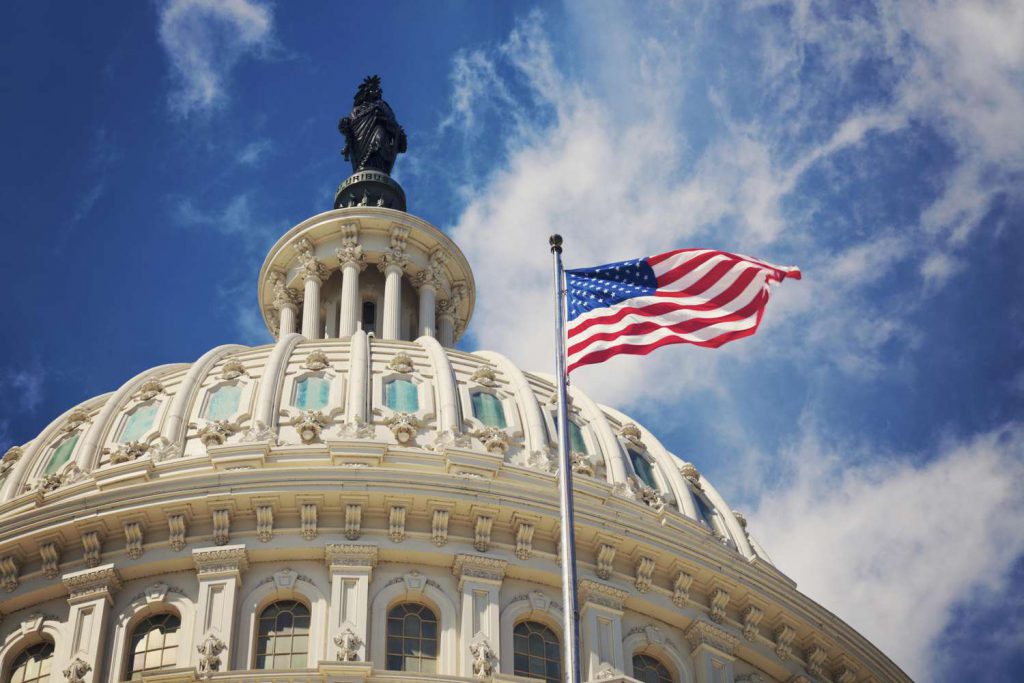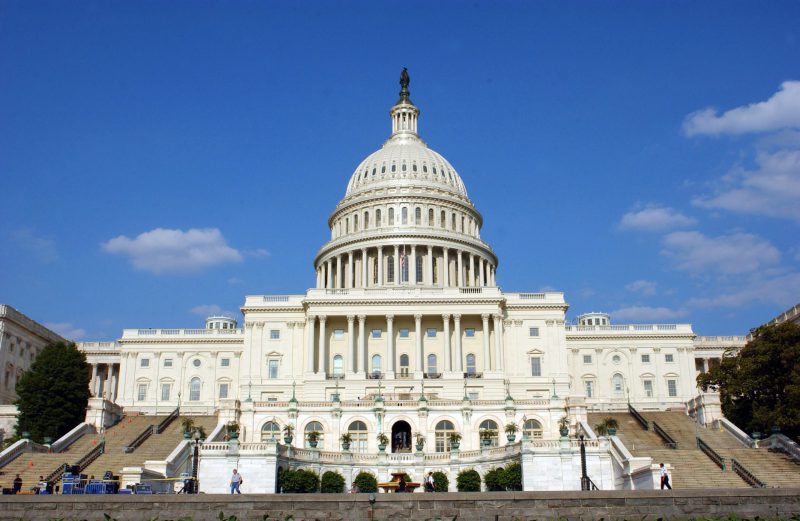In what is a monumental development for the digital asset sector, the US House of Representatives has passed the FIT21 Crypto Bill. Indeed, the Financial Innovation and Technology for the 21st Century Act represents a massive step forward in the mission for increased regulatory clarity in the United States.
US President Joe Biden had issued a statement on the impending vote taking place today. Specifically, the White House admitted that they do not support the legislation but would not veto the bill if it reached the desk of the President. Yet, the bill has received bipartisan support that will introduce a comprehensive regulatory framework to the growing industry.
Also Read: Cryptocurrency: 3 Coins Capable Of Delivering A Millionaire Status
US House Passes FIT21 Crypto Bill as it Heads to the Senate
Over the last several years, the digital asset market has faced increased uncertainty regarding operations in the United States. That has been, in large part, due to the regulatory tactics employed by the US Securities and Exchange Commission (SEC). Specifically, the agency has committed to regulation through enforcement to the detriment of the market’s growth within the country.
Now, that could be changing, as the US House of Representatives has voted to pass the FIT21 crypto bill today. The bill has received immense bipartisan support, with eight House Democrats signing a memo in support of the Republican-devised legislation.


Also Read: US Congressman Introduces Bill To Abolish The Federal Reserve
The bill had long been expected to pass at this level of the process. Conversely, the legislation will now be sent to the Senate. There, its ultimate fate becomes a little less clear. However, House Representatives have reportedly held increased talks with Senate members to initiate progress on legislative action in the digital asset sector.
The sector itself has become an increasingly prevalent battleground in an election year. Donald Trump recently announced cryptocurrency would be accepted in fundraising efforts. Moreover, Biden recently noted his willingness to engage with Congress on a “balanced regulatory framework.”
Even if the bill does not receive a pass in the Senate, the development of that framework has been initiated. Therefore, the momentum will hopefully carry the spirit of the law into a certain form. This is especially true as the modern political landscape has further addressed the industry.





